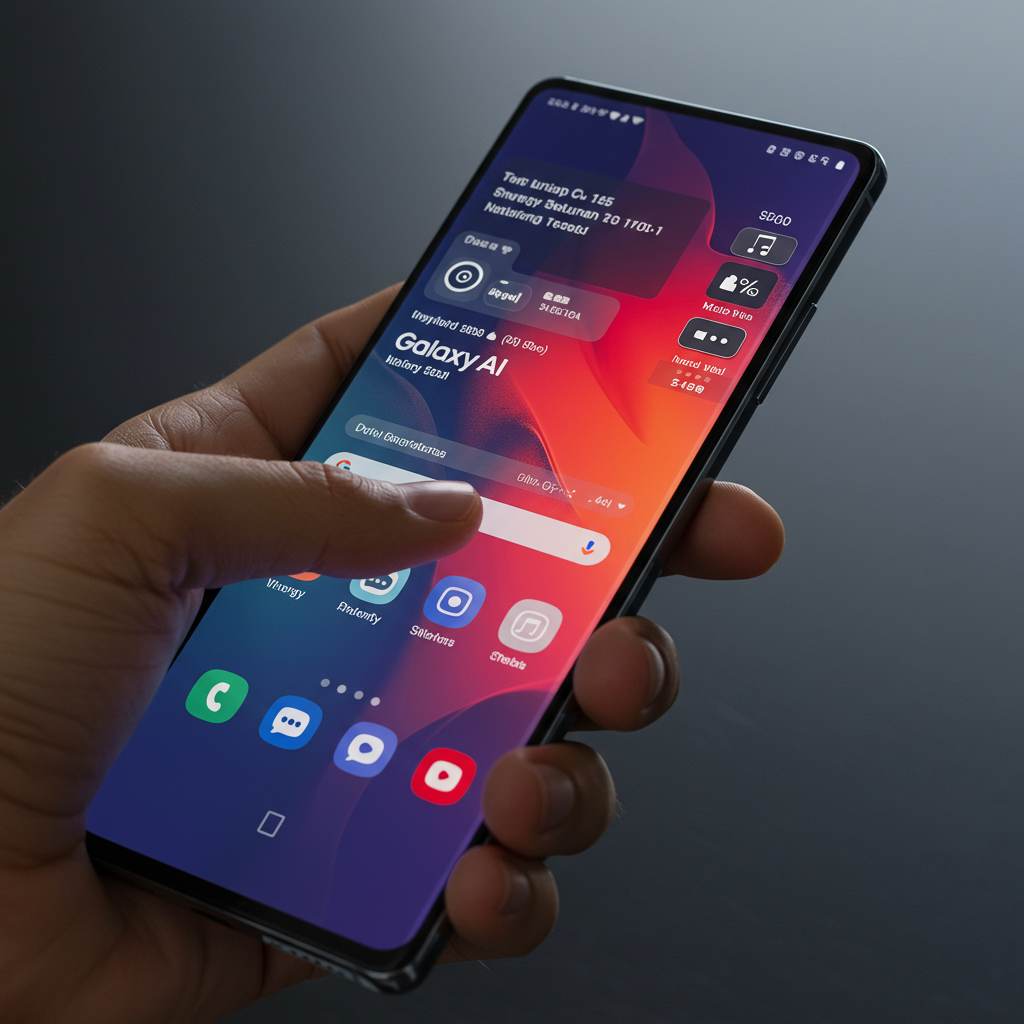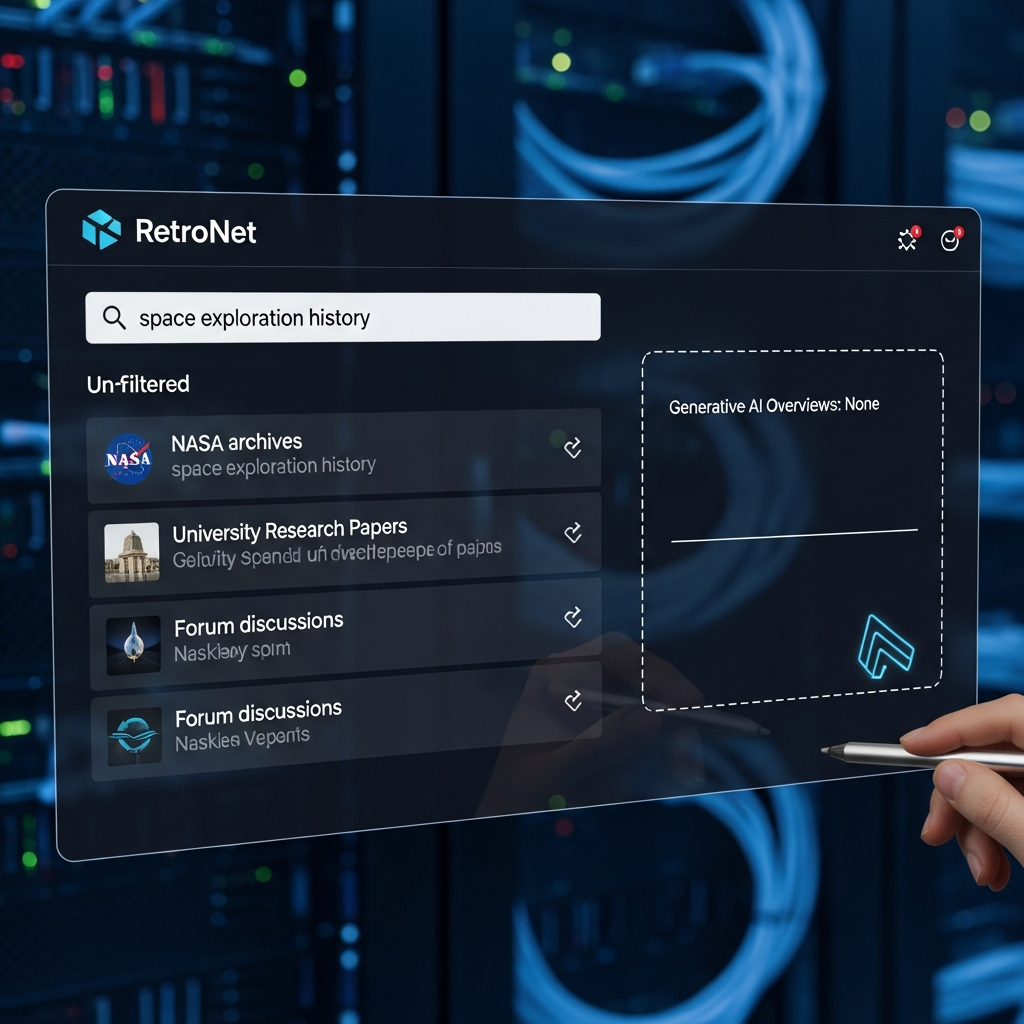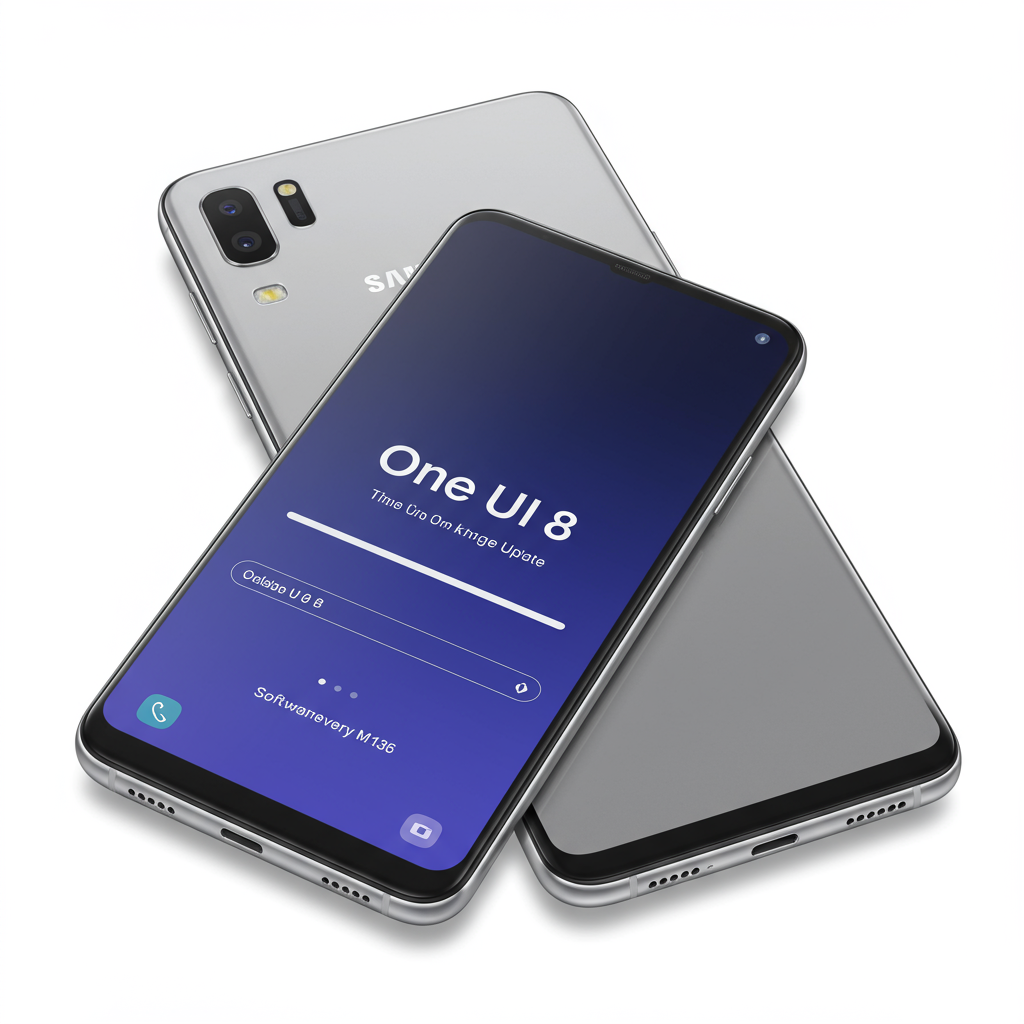A stunning claim from a founding member of the original Xbox team suggests microsoft’s future might not heavily rely on dedicated console hardware. Laura Fryer, a veteran of Microsoft Game Studios and former director of the Xbox Advanced Technology Group, stated her belief that the Xbox hardware business is effectively “dead.” This perspective offers a sharp contrast to Microsoft’s official messaging and has ignited debate about the brand’s direction. Fryer’s comments come amidst Xbox’s increasing focus on a multiplatform strategy and partnerships with external hardware companies.
The gaming industry veteran’s remarks were made in a recent video reflecting on Microsoft’s strategic announcements. Fryer expressed significant disappointment with the current state of affairs at Xbox. She feels that the substantial value she helped build during the brand’s inception is now being slowly eroded. This sentiment stems from her interpretation of Microsoft’s recent moves, particularly its foray into partnerships and a broader ecosystem approach.
The Multiplatform Shift and a ‘Slow Exit’?
Fryer views Microsoft’s recent partnerships, such as the ROG Xbox Ally and the Meta Quest 3S Xbox Edition, as indicators of a potential departure from traditional hardware. The ROG Xbox Ally, essentially a portable PC running Windows with an Xbox-like interface, is seen by Fryer as particularly telling. She describes it as little more than a rebranded Asus device, offering minimal unique appeal for someone specifically seeking an “Xbox” experience.
Her concern is that these initiatives represent the beginning of a “slow exit” from the hardware business entirely. She dismisses the ‘Xbox Anywhere’ marketing message championed by Microsoft as mere “style, with no substance.” This marketing, intended to convey the ability to play Xbox games across various devices, seems unconvincing to Fryer in its current implementation via these partnerships.
The perspective shared by Laura Fryer is that Microsoft appears to have lost its desire or capability to ship its own dedicated hardware platforms. This fuels her belief that the recent external partnerships are a deliberate move towards phasing out their own console line. She starkly concludes, “Personally, I think Xbox hardware is dead.”
The Game Pass Imperative
Fryer argues that Microsoft’s primary strategy now revolves almost entirely around pushing consumers towards its Game Pass subscription service. She acknowledges the significant value that Game Pass offers. However, she speculates that this intense focus on subscriptions might explain other controversial decisions, such as potentially charging a premium price ($80) for upcoming titles like Outer Worlds 2. This suggests a model where maximizing Game Pass adoption takes precedence over traditional game sales or even hardware attach rates.
While Xbox boasts a deep catalog of games, Fryer questions the long-term sustainability of relying on older intellectual property. She mentions the potential for successful remakes, citing the Oblivion remake (if it were to be released) as an example of leveraging past successes. However, she asks critical questions about the brand’s future relevance: “What is the long-term plan? Where are the new hits? What will make people care about the Xbox 25 years from now?”
She expressed excitement for announced titles like Clockwork Revolution. Nevertheless, she remains skeptical about whether a limited number of flagship games will be sufficient to carry the brand forward without a strong hardware foundation. The upcoming 25th anniversary of Xbox is highlighted as a potential moment for Microsoft to clarify its vision, but for now, uncertainty looms from Fryer’s perspective.
Microsoft’s Vision: An Ecosystem, Not Just a Box
Microsoft executives, including Xbox President Sarah Bond, have articulated a different vision that appears to align with some of Fryer’s observations about multiplatform presence, but not her conclusion about hardware abandonment. Bond has publicly stated that Xbox is investing in its “next-generation hardware lineup.” Crucially, this lineup is described as encompassing not just traditional consoles, but also “handheld, PC, cloud, and accessories.”
This indicates Microsoft’s goal is to expand the definition of “Xbox” beyond a single piece of hardware made by Microsoft. The strategy involves making the “Xbox experience” available across numerous screens and devices. Bond emphasized the collaboration between the Xbox team and the Windows team to position Windows as “the number one platform for gaming.”
The underlying philosophy is captured in the statement: “At Xbox, our vision is for you to play the games you want, with the people you want, anywhere you want.” This suggests a move towards a platform layer and services (like Game Pass, Cloud Gaming) that can exist independently of a specific console box. Analysts following Microsoft agree that future Xbox hardware, whether made by Microsoft or partners, is likely to be more PC-like, focusing on delivering the Xbox ecosystem on various form factors running Windows. Devices like the ROG Xbox Ally are seen by some as tests for this PC-centric approach.
Broader Industry Trends
Microsoft’s pivot is not happening in a vacuum. The entire gaming industry is witnessing a shift away from rigid hardware exclusivity as the primary driver of revenue. Subscription services, live service games, and expanding IP onto multiple platforms are becoming increasingly important. Microsoft’s own financial reports show strong growth in content and services revenue, while hardware sales have faced challenges in a competitive market. This financial context underscores the business rationale behind de-emphasizing reliance solely on console sales.
Competitors are also exploring similar strategies. Sony’s PlayStation leadership has indicated that expanding their own IP onto multiple platforms is a potential area for growth. This suggests a broader industry trend towards “openness” where the platform becomes less about the specific box and more about the accessible ecosystem of games and services. Microsoft’s move to bring specific first-party titles to PlayStation and Switch is seen as a cautious but significant step in this direction.
Challenges and the Road Ahead
Implementing this ecosystem-focused strategy is not without hurdles. Devices like the ROG Xbox Ally, while running Windows, don’t inherently run Xbox console games natively. They primarily play PC versions of games, or rely on cloud streaming for console titles. This distinction can be confusing for consumers expecting a seamless “Xbox” experience. Compatibility with existing console game libraries is a significant question mark.
Microsoft is attempting to bridge this gap through initiatives like Xbox Play Anywhere and integrating streamed and native PC games within the Xbox app. There are also reports of a team potentially working on emulation to allow console games to run on PC-based devices, though this presents complex technical and licensing challenges. The ultimate success of this “play anywhere” vision hinges on Microsoft’s ability to make PC gaming feel as simple and intuitive as console gaming, while providing genuine value and access to the games players want, regardless of the hardware underneath. The conflicting views of a founding veteran and current leadership highlight the significant strategic evolution underway, leaving the exact future form of “Xbox hardware” a topic of intense speculation.
Frequently Asked Questions
Why does a Microsoft veteran believe Xbox hardware is dead?
Laura Fryer, an original Xbox team member, argues that recent Microsoft partnerships, like the ROG Xbox Ally (a portable PC), indicate a “slow exit” from dedicated hardware. She feels Microsoft lacks the desire or capability to ship its own consoles and is prioritizing the Game Pass subscription service instead, seeing recent hardware announcements as merely marketing without substance.
What is Microsoft’s official stance on the future of Xbox hardware?
Microsoft executives, including Sarah Bond, state the company is investing in a “next-generation hardware lineup.” However, they define this broadly to include console, handheld, PC, cloud, and accessories, emphasizing a vision where players can access the “Xbox experience” and play games “anywhere” across various devices, often leveraging Windows.
What does this strategy mean for the future of Xbox consoles and games?
This shift suggests future “Xbox” experiences may be less tied to a single console box made by Microsoft and more available on PC-like hardware from various manufacturers, integrated through the Xbox software ecosystem and Game Pass. While Microsoft remains committed to some next-gen hardware, the focus appears to be broadening the platform’s reach beyond a traditional console-centric model.
Word Count Check: 1040 words



